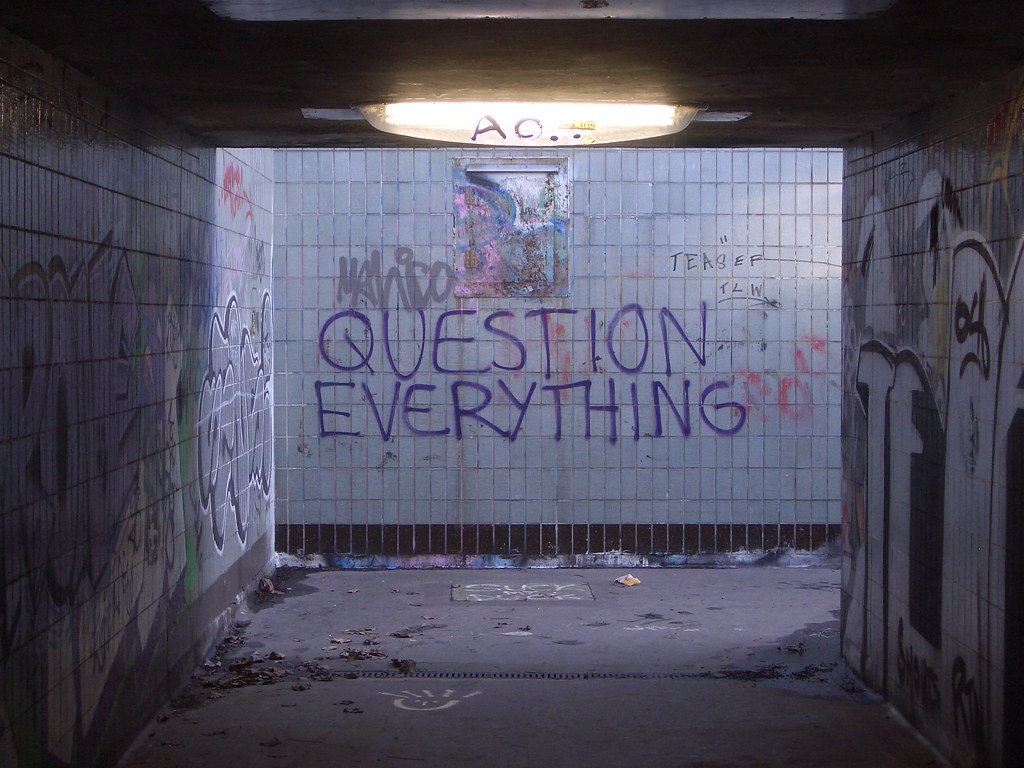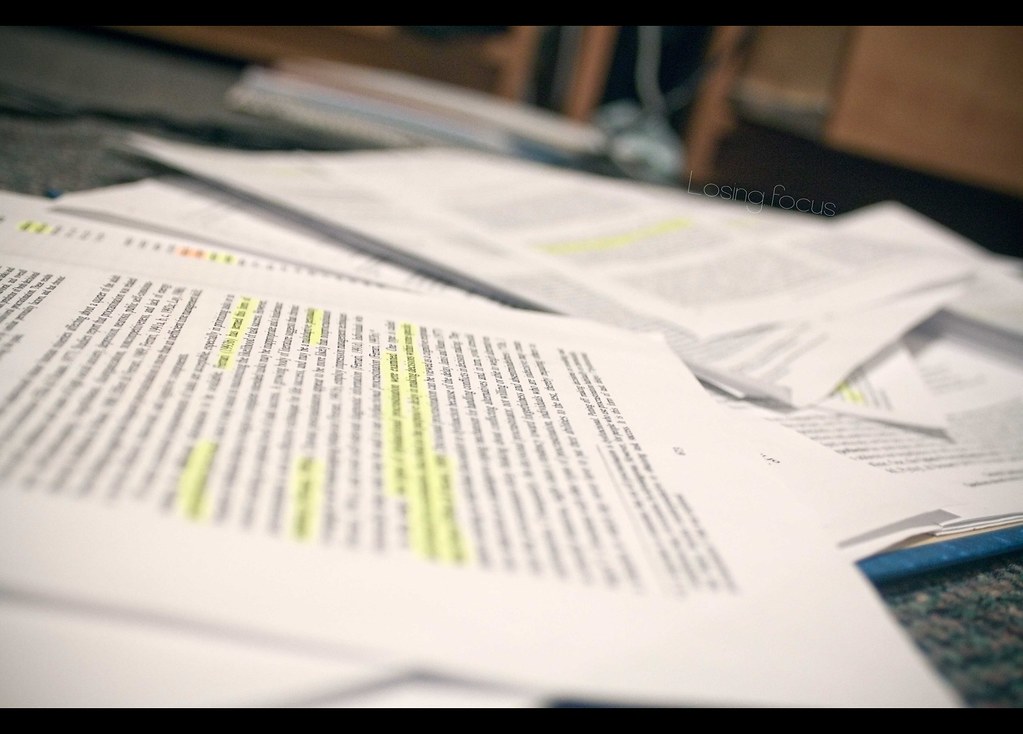 |
| via Flicker by Joost Assink " Film Noir 1" https://www.flickr.com/photos/joostassink/2646105389 |
In this post I evaluate the sources I found that somewhat answer my research questions in the previous post.
The Huffington Post: "North Korea Sanctions Must Target Regime To Bruise Economy"
- Author: The author of this article is Alexander C. Kaufman. He's a business editor for the Huffington Post and worked as a staff reporter for the Boston Globe and The International Business Times . He lives in Brooklyn New York and his specialty in writing seems to be geared toward business and finance on a global scale.
- Audience: The Audience is focused toward people who are interested in knowing how the sanction will affect North Korea's unstable economy and for people who want to know how they've been sustaining themselves for this long. I would describe the audience as pretty well informed , from the comments they seemed to be split on whether the sanction was a good idea or not.
- Context: The article was written months ago in January and it's used in a QRG format to deliver it to the masses. The recent controversies and scandals that have surrounded North Korea seemed to have shaped the author's views . I do think this article reflects a topic as well as offers an opinion becasue the author goes into detail of the money laundering and shady financial things North Korea does , justifying the sanctions instead of talking about the economic impact it will have on the citizens .
- Author: The author of this piece is Andray Abrahamian . He is the Executive Director of Research at the Choson Exchange, which is a non-profit that trains North Korean citizens in entrepreneurship , economic policy and law. He has a few articles written about him and his work with North Korea. He also :seems to understand the culture and citizens well from his twitter posts .
- Audience : The audience of this piece would have to have a knowledge in economics, trade, and policy. Perhaps stock brokers and investors, interested in the Asian market would be the type of audience this is geared towards becasue of the great detail of information and financial terminology used .
- Context: This was written in July of this year and doesn't use any sources except the author's own knowledge, unlike the previous article. Although the writing doesn't list a blatant opinion of what's bad or good , the content of the article does seem to be trying to elicit sympathy for North Korean citizens as it goes through detailed information explaining why China would affect North Korean citizen and the economy .
The Washington Post: "North Korea's growing economy-and America's Misconceptions about it"
- Author: The author of this article is Anna Fifield who is the post's Bureau Chief of Tokyo and who's writing focuses on Japan and the Koreas. She's worked for the Financial Times in Washington D.C and Seoul , South Korea. Currently she's in Eastern Europe covering the refugee crisis.
- Audience: the audience is intended to be for people who are interested in learning more about North Korea's current stance on capitalism, labor and the tremulous relationship between China and North Korea. The audience is also divided between feeling bad for the citizens and feeling contempt for the North Korean government and China.
- Context: This article was written in March of this year and seems to be based on the observations and personal interviews the writer made while visiting this particular factory. This article also uses it information to elicit sympathy and contempt from the masses as it describes the poor laborers and managers who do their business for North Korea outside of the country in China. It uses the personal opinions of actual citizens and people involved to construct the article and expresses the idea that North Korea is opening it's way to capitalism to survive economically .
Reflection: From reading Lia and Stefs' blog posts the one thing I realized is that it helps whoever is reading the sources to be able to connect he articles to each other and know why the author chose them in researching their question and be able to see what direction the author is going in as well. I think my post was developed well because like Lia and Stef's posts I tried to get different opinions and situations from the articles that offered different perspectives of the topic. With this in mind It made me lean towards the Washington Post article more becasue it offered the viewpoints from actual businessmen working in China for the North Korean government.



















